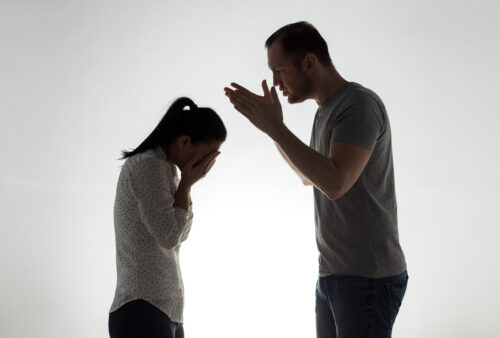
If you are an immigrant victim of violence or abuse, there is available protection and unique routes to immigration status as you may fall under the category of battered noncitizens. In such cases, you may be eligible to apply for the Violence Against Women Act (VAWA). If you need help determining whether you meet the requirements for obtaining a visa through VAWA, contact an adept New Jersey Immigration Lawyer who can help you understand your legal options and fight to protect your rights.
What is the Violence Against Women Act (VAWA)?
In 1994, a particular route to immigration status for certain battered noncitizens was passed by Congress, known as the Violence Against Women Act. Essentially, VAWA creates a cost-effective and comprehensive support system in response to domestic violence, sexual assault, and stalking, dating violence. The enactment of VAWA combats these crimes by providing housing protections for survivors of violence and abuse.
If an individual is eligible for VAWA, they must file Form I-360 Self-Petition with supporting documentation. It is imperative to note that to file a VAWA petition, you must be able to provide extensive evidence of a battery, abuse, extreme cruelty, and proof of the qualifying relationship to the abuser. Essentially, you must prove that you are the spouse or child of an abusive U.S. citizen or permanent resident.
If you can establish the basic requirements for VAWA, you will be granted what is known as a “prima facie” determination and then be eligible for certain public benefits. A prima facie determination is used when a sel-petitioner meets each of the eligibility requirements for the VAWA self-petition. If the VAWA petition is approved, you will likely be granted deferred action status. Deferred action status means separation or removal petitions will not be initiated. It is also critical to note that VAWA applicants are eligible for work authorization after they’ve received an approved petition.
What are the eligibility requirements?
The basic requirements for eligibility for VAWA include the battered noncitizen being the spouse, parent, or child of an abusive U.S. citizen or permanent resident. The battered noncitizen can apply through a self-petitioning process for immigration status without the knowledge or involvement of the abuser. The self-petitioner must prove that they are the victims of abuse, which may include physical abuse, violent acts or threats of violence, verbal abuse, intimidation, economic abuse, sexual abuse or exploitation, coercion that if they do not do as they say they will be deported to take their children away.
Petitioners do not have to file a police report or present it as evidence of abuse. In addition to proving abuse, they must prove they entered the marriage in good faith, meaning the abuse began during the marriage. In addition, they will have to provide evidence that the abuse occurred in the U.S. and that they lived with the abuser. Finally, they must provide proof of good moral character. This means they must not have a criminal record or other immigration transgressions.
If you are considering filing a VAWA self-petition, it is in your best interest to contact a determined lawyer from the legal team at the Law Offices of Aditya Surti, LLC, who can guide you through every step of this complex legal process. Our firm is prepared to help you in any way we can.